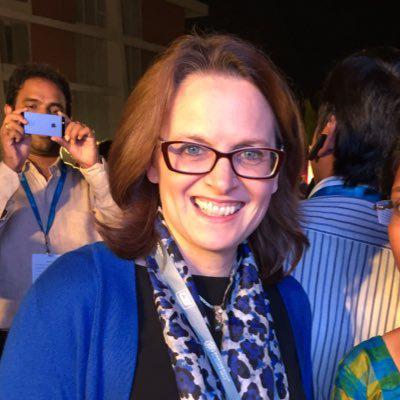2024 was widely hailed as the year of elections with 73 countries holding elections in and more than 1.5 billion voters exercising their franchise. On Grand Tamasha, we’ve discussed the 2024 Indian general election as well as the recent U.S. presidential election at some length. But there was another important election in South Asia which has important ramifications both for India and the wider Indo-Pacific. In September 2024, for the first time in Sri Lanka’s history, a third-party candidate was elected president.
According to Neil DeVotta, our guest on the show this week, the election was nothing short of a peaceful revolution that represents a dramatic political realignment in the island nation.
Neil DeVotta is a professor of politics and international affairs at Wake Forest University, where he works on South Asian security and politics, ethnicity and nationalism, conflict resolution, and democratic transitions. And he’s also the author of a recent essay in the January 2025 issue of the Journal of Democracy, called “Sri Lanka’s Peaceful Revolution.”
To kick off the thirteenth season of the podcast, Milan sits down with Neil to discuss the tumultuous political history of Sri Lanka, its charismatic new president Anura Kumara Dissanayake, and the state of the Sri Lankan economy. Plus, the two discuss how Dissanayake will delicately balance relations with both India and China.
Episode notes:
1. Neil DeVotta, “Sri Lanka's Peaceful Revolution,” Journal of Democracy 36.1 (January 2025): 79-92.
2. Neil DeVotta, “Colombo's Controversial New President,” East Asia Forum, 24 July 2022.
3. Neil DeVotta, “A Win for Democracy in Sri Lanka,” Journal of Democracy 27.1 (January 2016): 152–66.
4. “South Asia's Economic Turmoil (with Ben Parkin),” Grand Tamasha, September 21, 2022.
5. “Inside Sri Lanka's Economic Meltdown (with Ahilan Kadirgamar),” Grand Tamasha, May 18, 2022.




